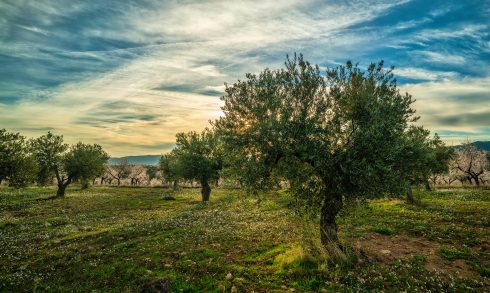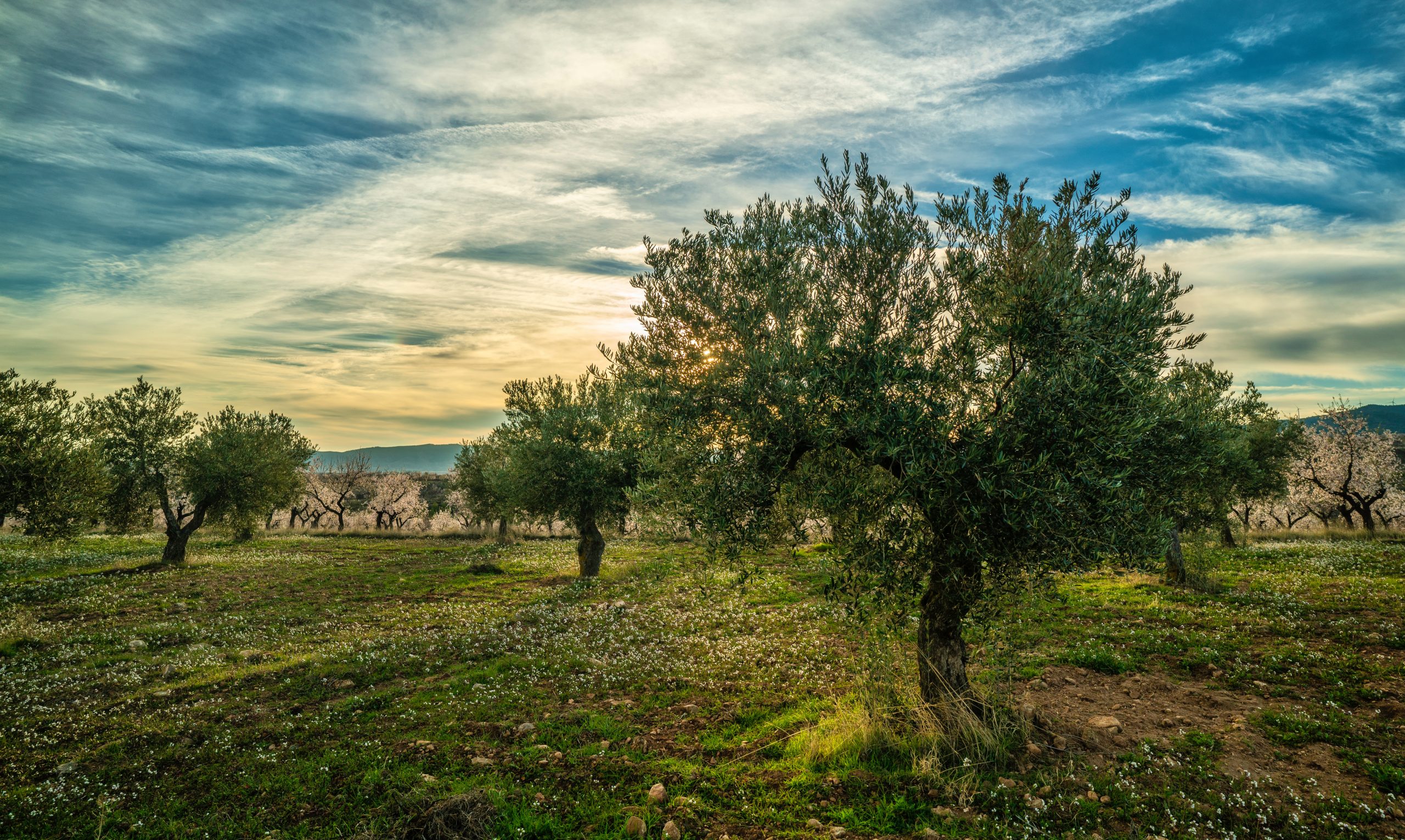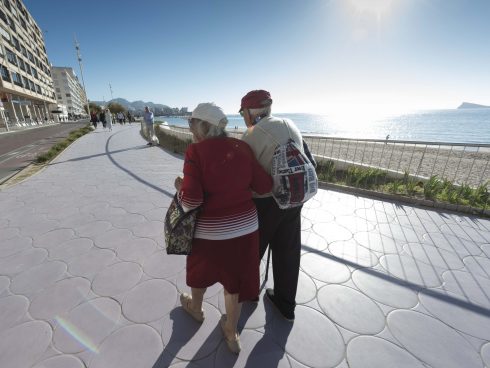OLIVES and Spain! Spain and olives! It’s no surprise to those of us who live here that the two are virtually synonymous. Chances are that olives will be part of your next tapas, olive oil will be in your next meal, and that olive groves are within view. Even the Olive Press is named for them.
Yet, there is another dimension to olives that you might not have considered – a dimension beyond food, views and newspaper titles, and that’s the role of olives in archaeology.
Archaeology is concerned with the recovery and dating of artifacts in an attempt to give history some lineal order. Putting findings in a chronological sequence has long been the subject of debate. Pottery remains have provided archaeologists with one of the most accurate metrics: the shapes, styles, glazing and decorations are reliable indicators that can be confidently associated with different time periods. Also, as pottery is fragile, it is not passed from generation to generation, but discarded when broken.

Since olives have always been such a mainstay in Mediterranean diets, olive seeds and pottery often show up together in archaeological sites –places like ancient hearths, kitchens and rubbish dumps. The olive seed, when subjected to something called carbon-14 dating, has perhaps become the most accurate part of the methodology archaeologists use in determining age.
Simply put, all plants are made of carbon, and when they die they release it. Scientists are able to analise the rate and patterns of plant decomposition and carbon release, and, from that, accurately calculate their age. A high degree of accuracy is possible with seeds in general and olive seeds in particular. Scientists now claim that by carbon dating olive seeds they can place an archaeological dig within a 25-year time frame with a ‘confidence rate’ of 90-95 percent.
The implications are enormous. For example, the veracity of the Old Testament story of David and Solomon has long been debated. Does the story tell of an actual sophisticated and prestigious Jewish empire that stretched from the Mediterranean to the Jordan River? Or is it a myth – a mere allegory – crafted as a symbol for storytellers to buttress their own morality lessons?
Recent archaeological digs at sites near Jerusalem and the Jordan Valley have revealed a host of new scientific data as a result of cross-referencing of olive seed dating with sophisticated pottery inscriptions. Some archaeologists offer this as proof positive that the biblical accounts of David and Solomon are accurate.
Sceptics argue this is ‘made-up science’. They say it is not a case of carbon dating affirming the scriptures, but the scriptures affirming carbon dating. Issues involving politics and religion in this part of the world tend to be explosive, so we’ll leave those arguments for others.
The point here is that olive seeds, because of the way they can be carbon-dated, are front and centre in these historical arguments.
So, the next time you eat olives, please know that you could well be helping to tell future generations something about life in Spain, circa 2022.
READ MORE:
How scientists in Valencia are pinning hopes on protecting the oldest living species on earth
Wind of change: Two sides of the ecologist movement clash as Spain debates renewable energy
World Water Day: What you should know about the rain in Spain
Click here to read more Jack Gaioni: Jack's Corner News from The Olive Press.








